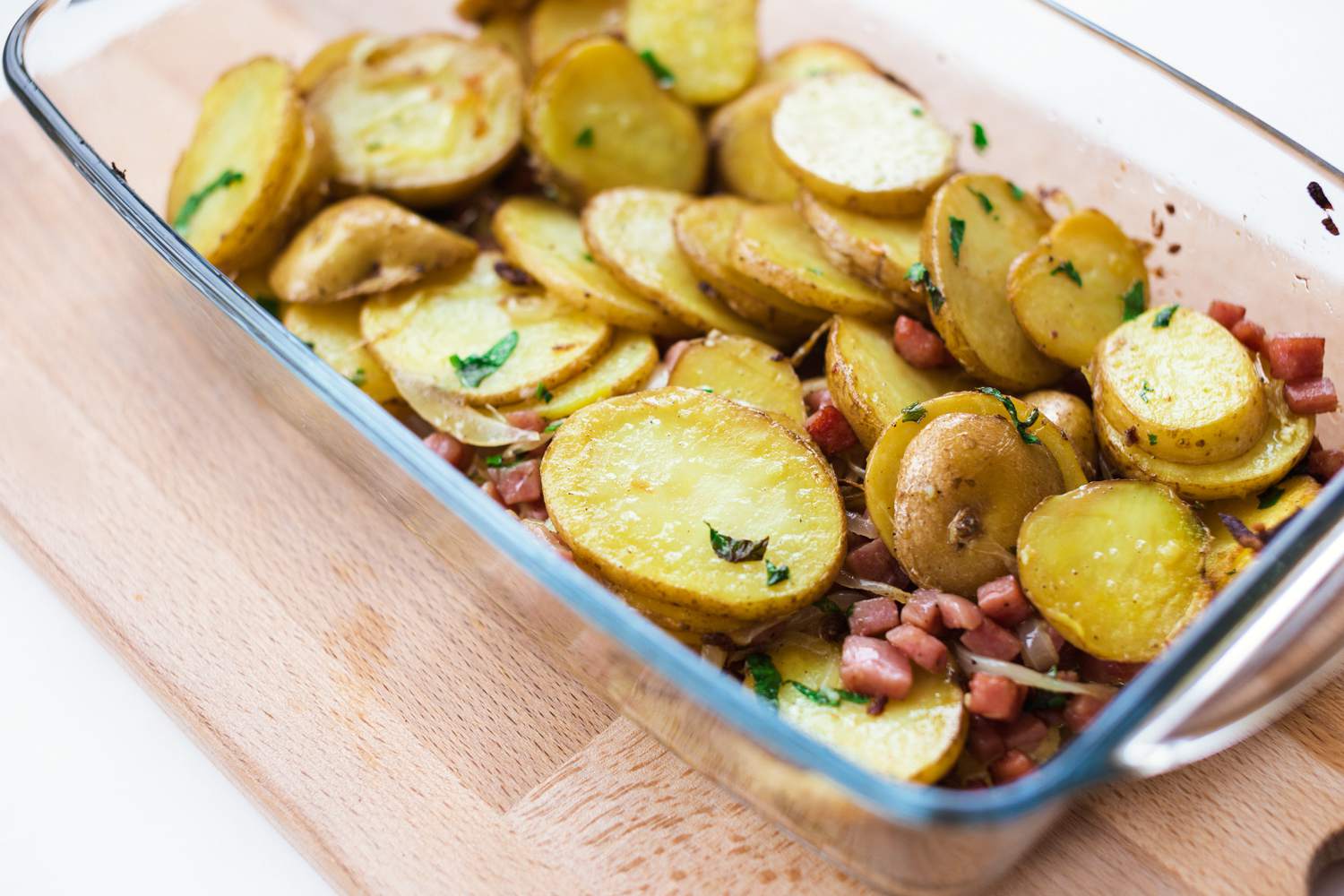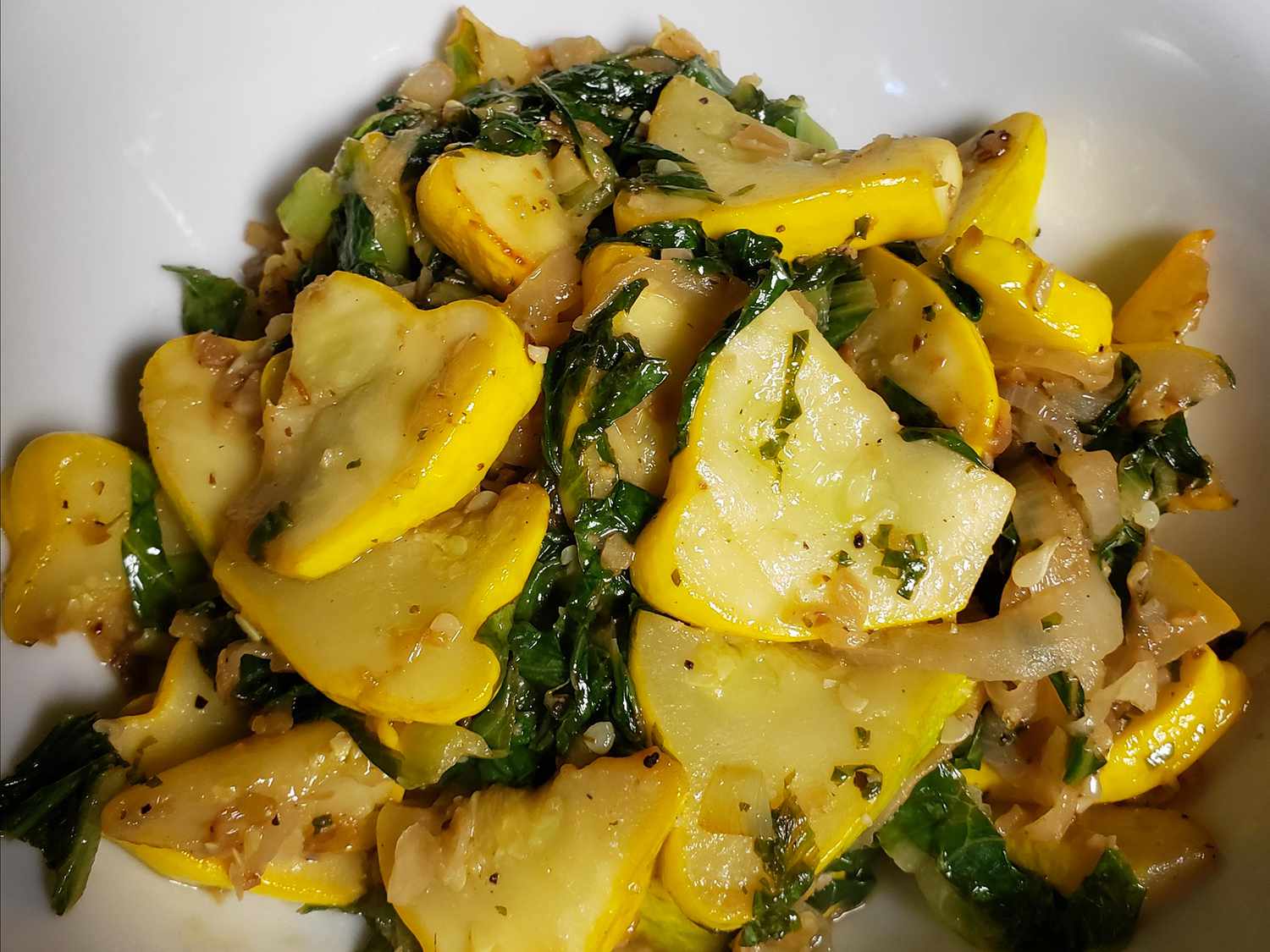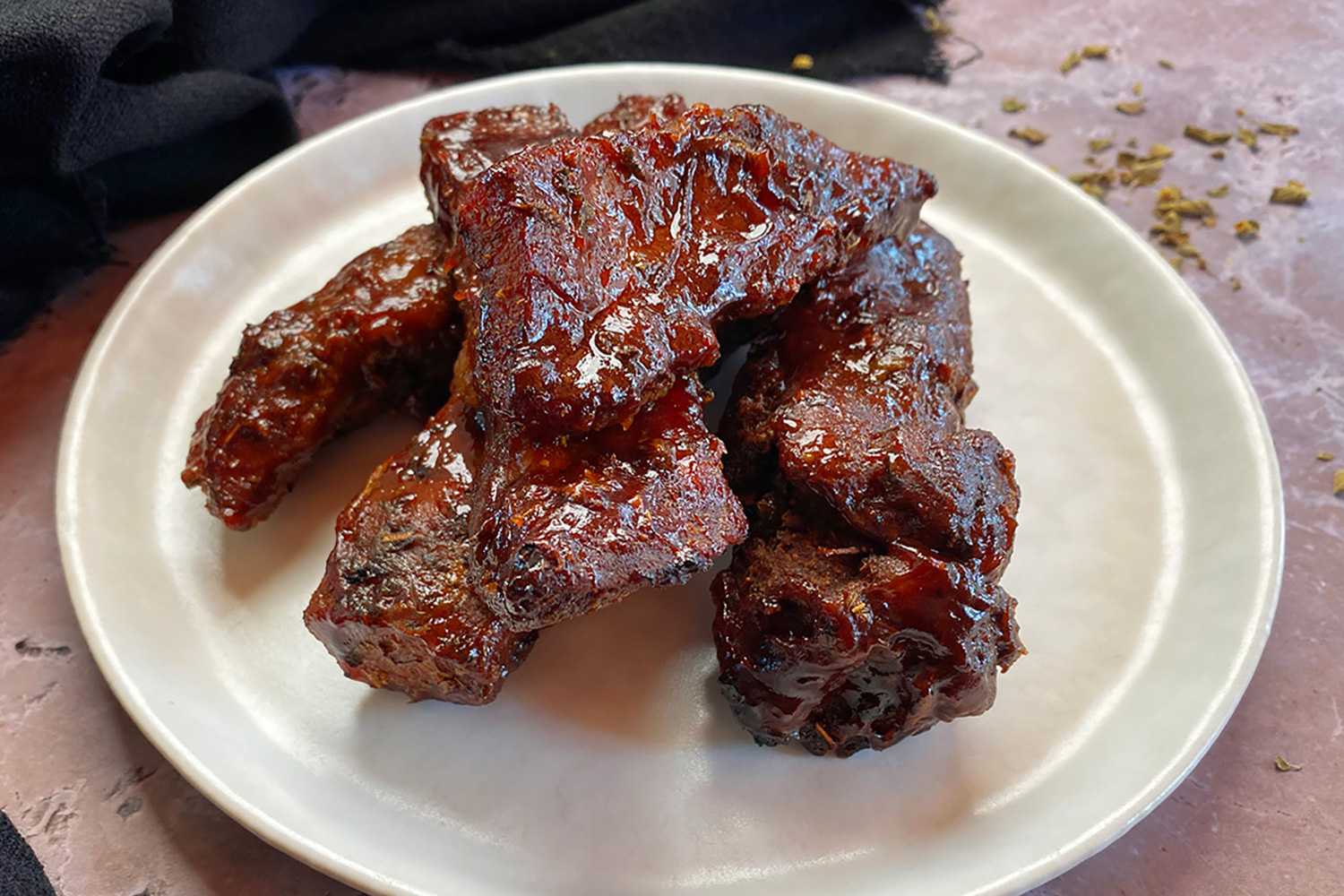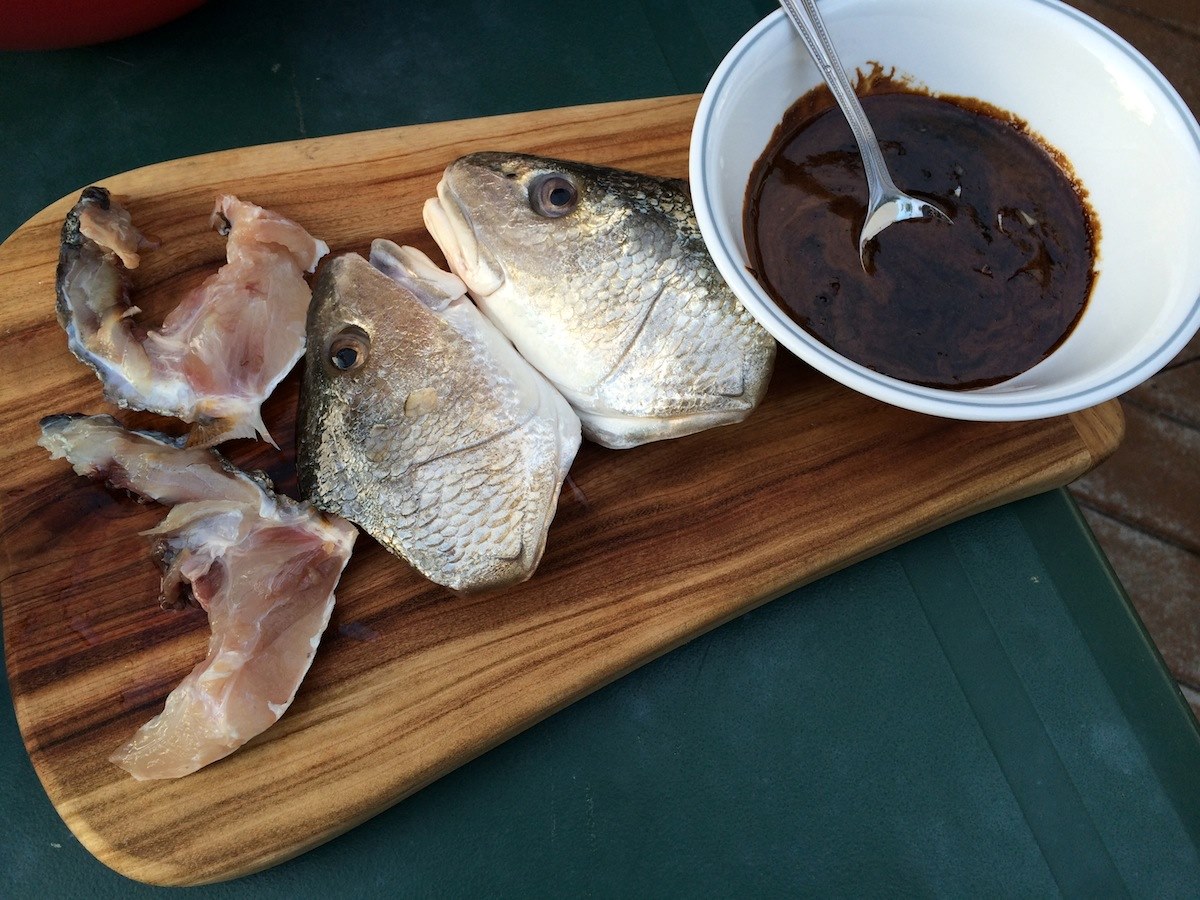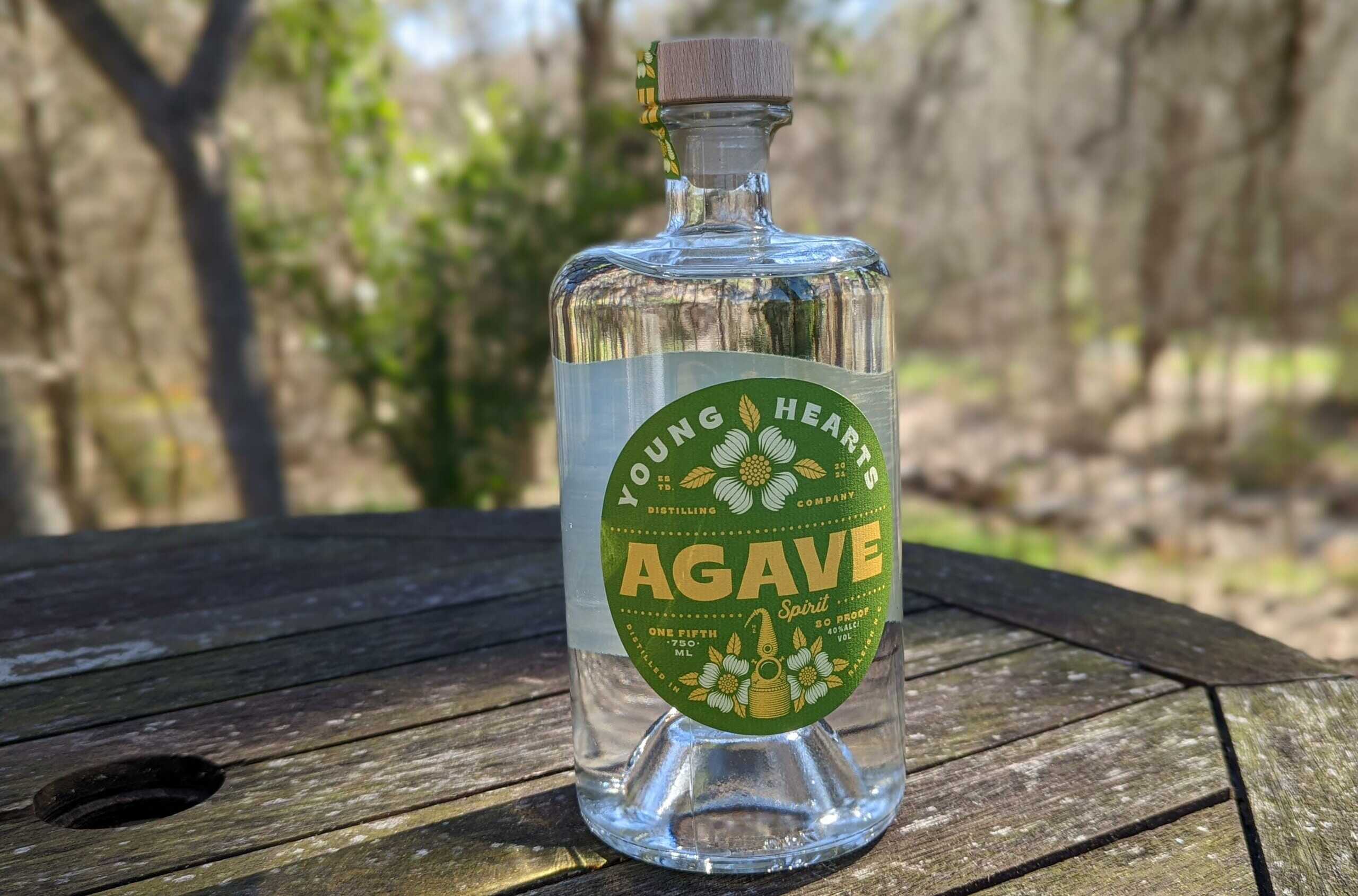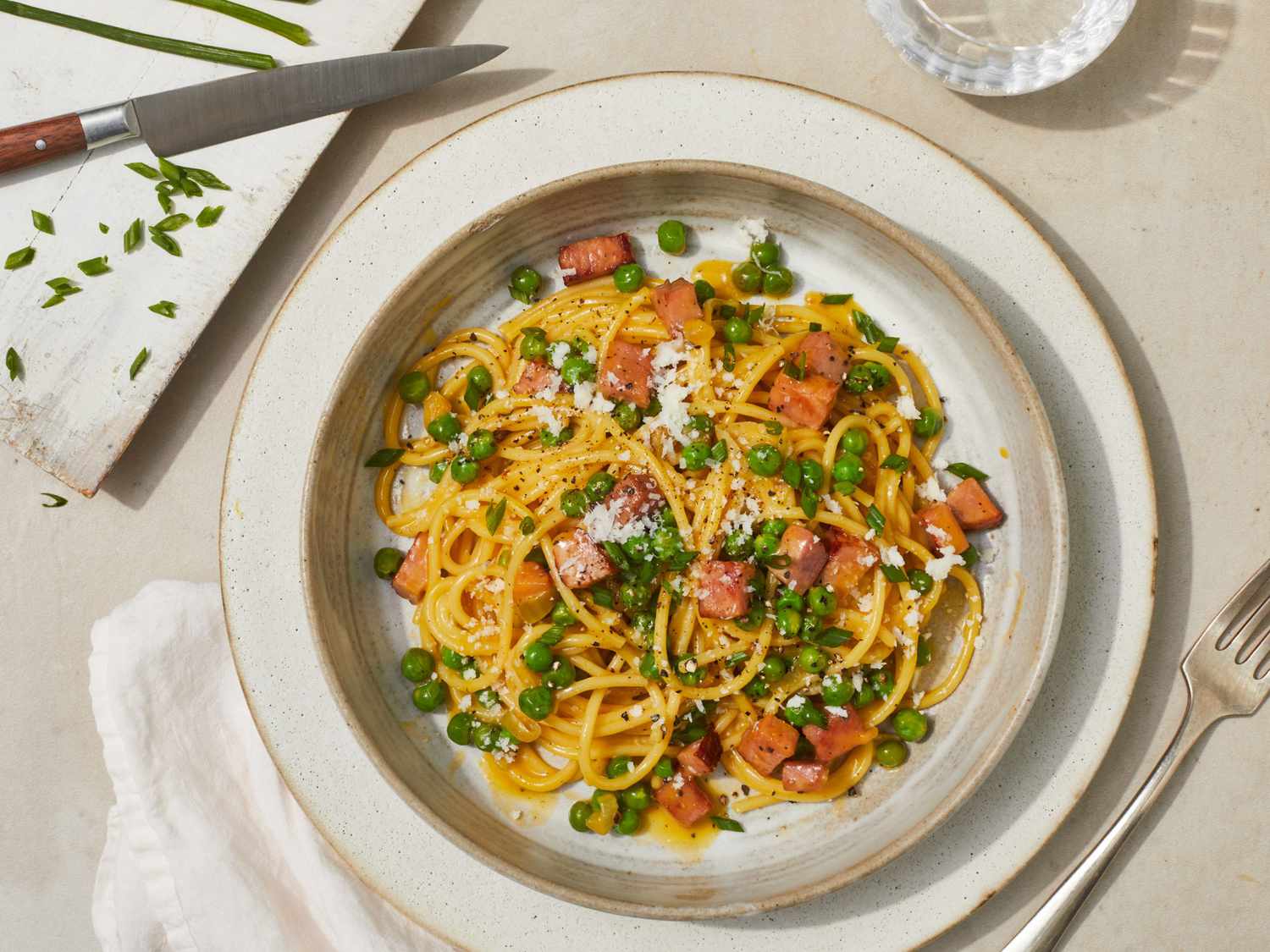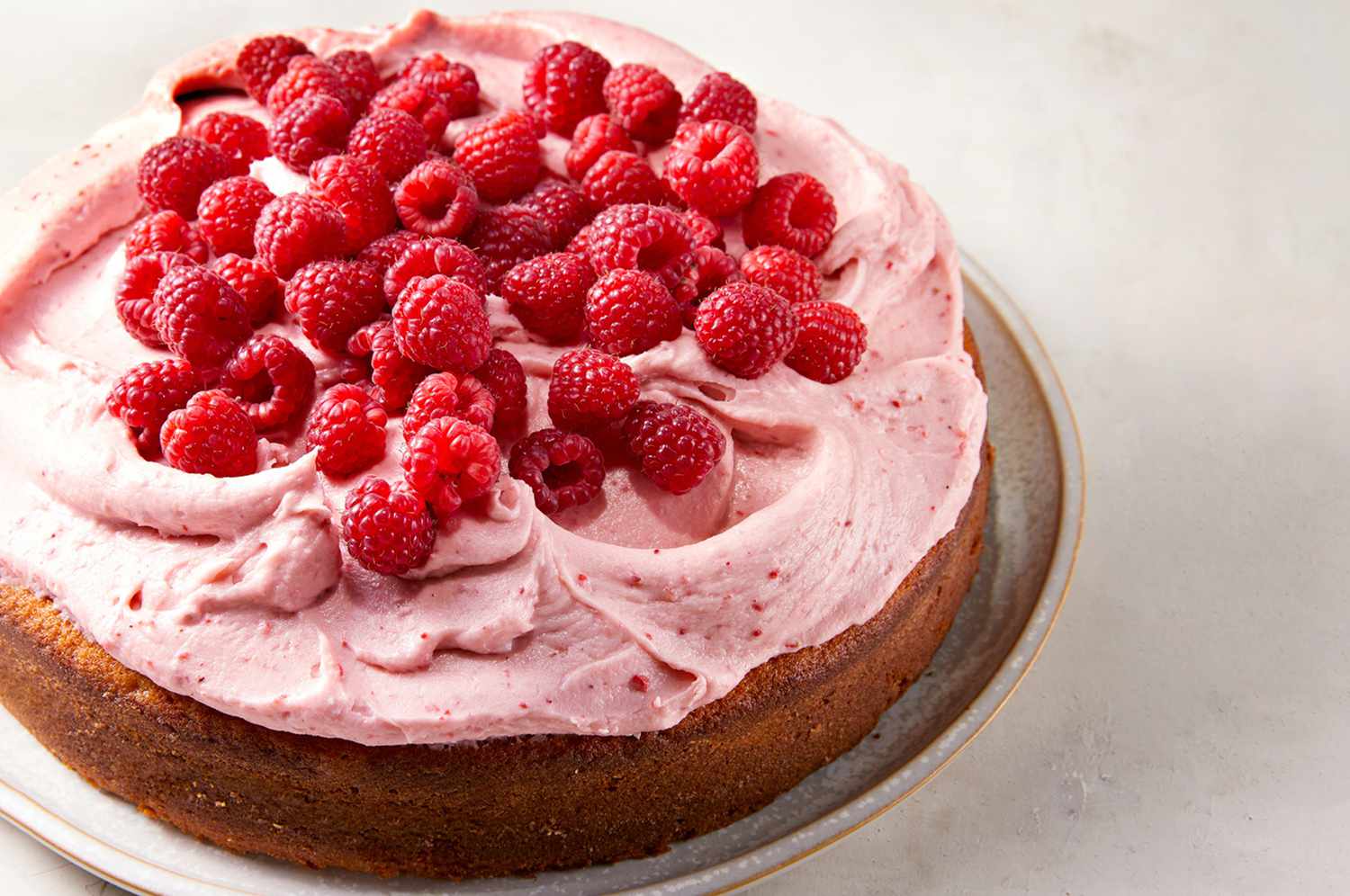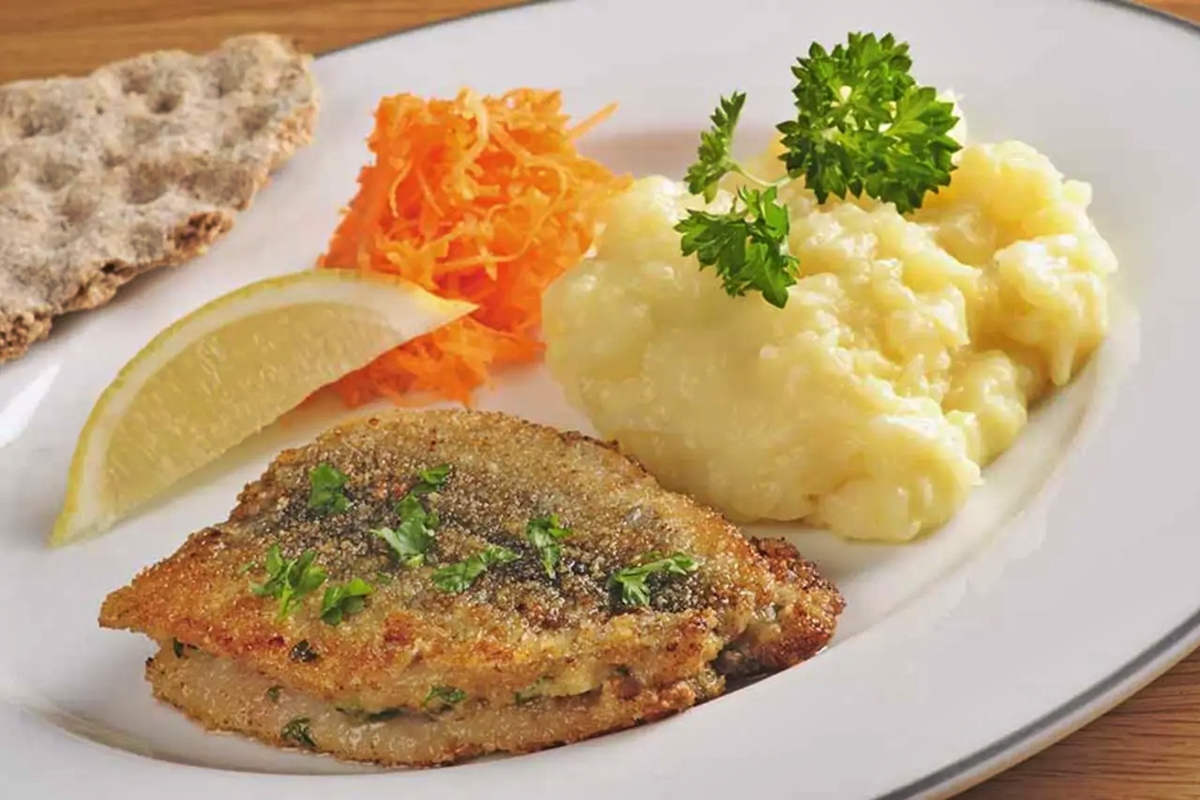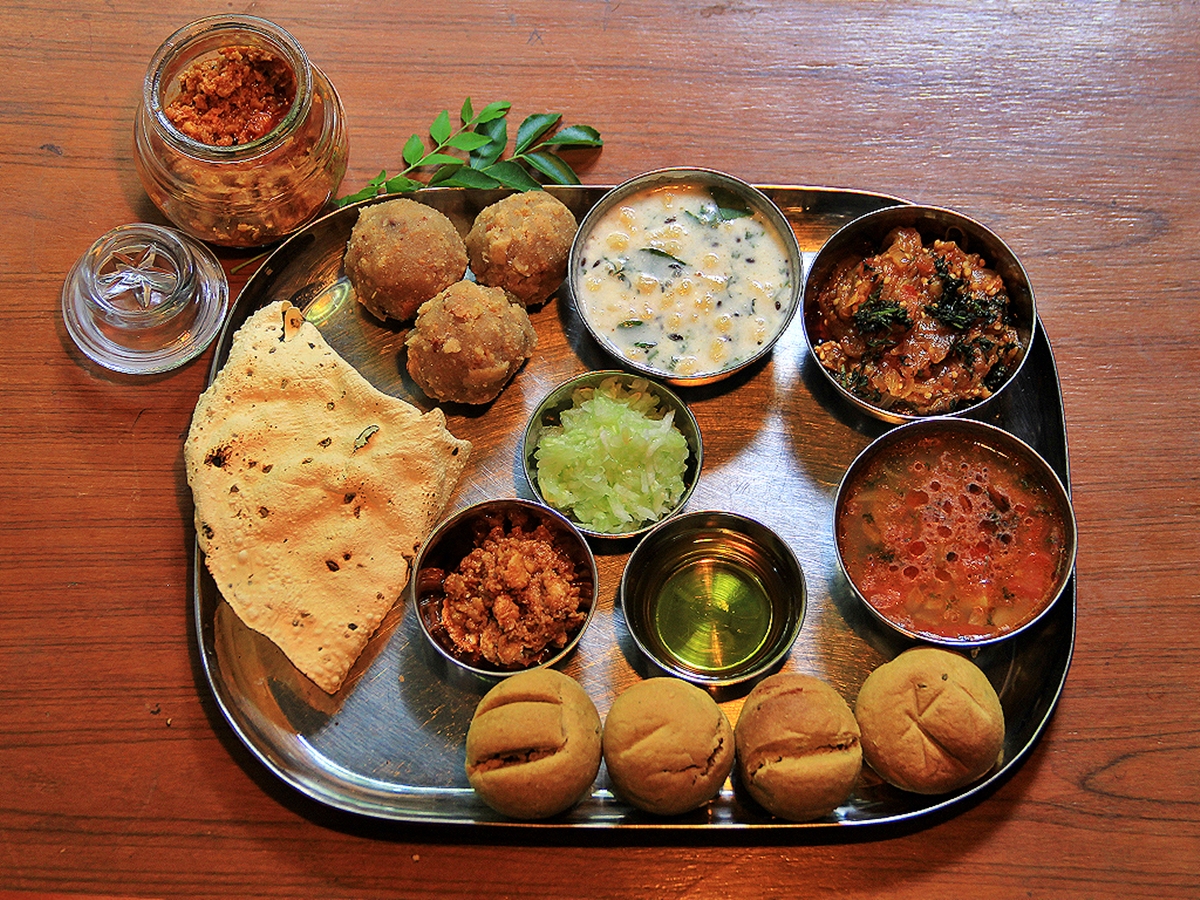Fuel Your Marathon with a Vegetarian Meal Plan
Completing a marathon is a remarkable achievement that requires proper training, determination, and a well-balanced diet. If you follow a vegetarian lifestyle, you might be wondering how to fuel your body adequately for the demanding race. Thankfully, with a carefully crafted vegetarian marathon meal plan, you can meet your nutritional needs and optimize your performance on race day.
Why Choose a Vegetarian Meal Plan?
Adopting a vegetarian diet has numerous health benefits, including reducing the risk of heart disease, lowering cholesterol levels, and maintaining a healthy weight. Many vegetarians also report increased energy levels and faster recovery times, both of which are crucial for marathon training and performance.
Key Nutrients for Marathon Training
When it comes to marathon training, certain nutrients are essential for optimal performance and recovery. Here are some key nutrients you should focus on incorporating into your vegetarian marathon meal plan:
- Protein: As a vegetarian, it’s important to ensure you’re getting enough protein to support muscle repair and growth. Include plant-based protein sources such as tofu, tempeh, lentils, beans, and quinoa in your meals.
- Carbohydrates: Carbs are the primary fuel source for marathon runners. Opt for complex carbohydrates like whole grains, brown rice, sweet potatoes, and vegetables to provide sustained energy.
- Iron: Iron helps transport oxygen to your muscles, improving endurance and preventing fatigue. Incorporate iron-rich foods like spinach, kale, lentils, and chickpeas into your diet.
- Vitamin B12: Vitamin B12 is crucial for energy metabolism and the production of red blood cells. Since it’s mainly found in animal products, consider taking a supplement or consuming fortified plant-based alternatives like soy milk and nutritional yeast.
- Omega-3 Fatty Acids: Omega-3s have anti-inflammatory properties, which can aid in post-workout recovery. Include flaxseeds, chia seeds, walnuts, and hemp seeds in your marathon meal plan to meet your Omega-3 needs.
A Sample Vegetarian Marathon Meal Plan
Here’s a sample meal plan to give you an idea of how to structure your vegetarian diet during marathon training:
- Breakfast: Start your day with a hearty bowl of oatmeal topped with berries, nuts, and a drizzle of maple syrup. Pair it with a glass of freshly squeezed orange juice for a boost of vitamin C.
- Mid-Morning Snack: Enjoy a mixed fruit salad with a handful of almonds for a refreshing and energizing snack.
- Lunch: Prepare a protein-packed salad with mixed greens, grilled tofu or tempeh, quinoa, roasted vegetables, and a sprinkle of seeds.
- Afternoon Snack: Munch on sliced bell peppers, carrot sticks, and hummus for a nutritious and satisfying snack.
- Dinner: Whip up a flavorful stir-fry with brown rice, a variety of colorful vegetables, and your choice of plant-based protein like chickpeas or lentils.
- Evening Snack: For a post-dinner treat, indulge in a small bowl of Greek yogurt topped with honey and a few berries.
Remember to hydrate well throughout the day and listen to your body’s hunger and fullness cues. Modify the meal plan according to your preferences and consult with a registered dietitian for personalized advice.
Conclusion
Following a vegetarian marathon meal plan can help ensure that you meet your nutritional needs while fueling your body for peak performance. By incorporating these key nutrients and structuring your meals strategically, you’ll be well-prepared for race day. Remember, consistency and determination in both training and nutrition are the keys to marathon success!
Was this page helpful?
Read Next: 10 Best Chicken Wing Recipes
